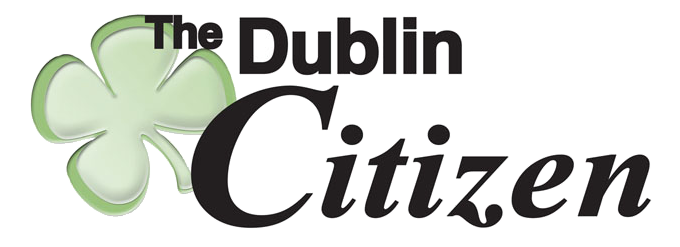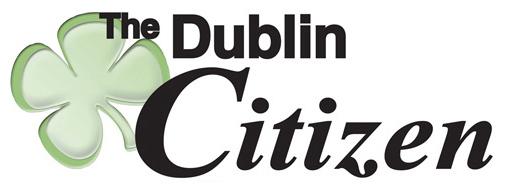The city of Dublin is asking residents to conserve water after the Brazos River Authority implemented Stage 4 Drought for Lake Proctor.
On Tuesday, Aug. 15 Lake Proctor dropped below its stage4triggerof 1,150.1feet mean sea level.
Lake Proctor is the surface water supply for Upper Leon River Municipal Water District, which is a wholesale municipal water provider.
The lake also supplies water for several agricultural irrigators, which include Area 1 Water Company, LLC, North Leon River Irrigation Corporation, and the Lake Proctor Irrigation Authority.
The BRA has notified each of its Lake Proctor customers that Stage 4 conservation efforts are necessary to help extend the use of water supply from the reservoir in light of the continuing drought conditions. BRA is requiring a 30% reduction in water use that would have occurred in the absence of any drought contingency measures, which may be adjusted as conditions change.
Mendez emphasized since the community was such a water conscience city already, the city of Dublin is asking residents to voluntarily conserve as much water as possible.
“We hope you do your part, however minor, to help protect our water resources. The city’s plan allows for penalties, such as increased fees and citations, however, with your help those options will not become necessary,” City Manager Bobby Mendez said.
Currently, the average American home uses about 9,000 gallons of water a month and most of Dublin doesn’t use even 3,000 gallons of water a month.
Though the city is asking for voluntary compliance stage 4 restrictions include but are not limited to:
■ consistent outdoor watering (Consider moving to once a week and not watering between the hours of 11 a.m. and 6 p.m. due to the high evaporation);
■ washing vehicles except at a car wash (such washing may be exempted from these regulations if the health, safety and welfare of the public are contingent upon frequent cleansing such as garbage trucks and firetrucks);
■ using water to wash down any sidewalks, walkways, driveways, parking lots, tennis courts or other hard surface areas;
■ using water to wash down buildings or structures other than for immediate fire protection;
■ flushing gutters or permitting water to run or accumulate in any gutter or street;
■ using water to fill, refill or add to any indoor or outdoor swimming pools;
■ using water in a fountain or pond for aesthetic or scenic purposes except where necessary to support aquatic life;
■ using water from hydrants for construction purposes or any other purposes other than firefighting;
■ failure to repair a controllable leak within a reasonable period after having been given notice directing the repair of such leaks. Restaurants are encouraged to serve water only upon request of the patron.
The city will be sharing water saving tips on its Facebook page to aid citizens and has small dye tablets available to help see if a resident’s toilet is leaking.
“Many times people overlook their toilets when looking for leaks. To help you reduce water usage, we are providing these small bags with two dye tablets that can be used to see if your toilet is leaking water,” Mendez said. “These are available to any City of Dublin resident. Please do not request more than you need so that we can make the maximum impact possible with the amounts we have available.”
The label on the bag contains a QR code to a brief video (video does not have audio) on how to effectively use the tablet.
Those on well water in the city limits must place a sign on their property stating “Irrigation is being done by Water Well.”
There are no size requirements in the Plan, but something that can be easily read from the roadway would be extremely helpful.
They are used to identify homes that, since they have a well, are not subject to various restrictions that are in the Drought Contingency Plan. The plan only covers city supplied water.
The city is hopeful that with residents being made aware of the water restrictions that the city will not be required to implement penalties.

